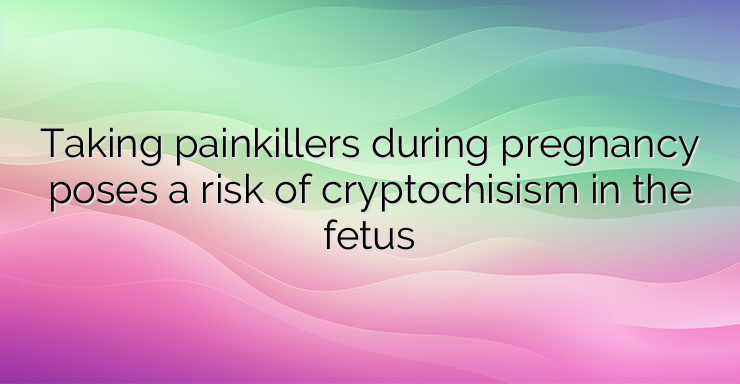Taking painkillers during pregnancy increases the risk of developing genital disorders in unborn boys, researchers from Denmark have found, reports EurekAlert. The study involved 834 pregnant women from Denmark and 1,500 expectant mothers from Finland. Scientists were interested in the frequency of use of non-steroidal anti-inflammatory drugs (non-narcotic analgesics), such as ibuprofen, aspirin and paracetamol. Newborn babies were examined for cryptochisism, a congenital malformation in which one or both testicles do not descend into the scrotum. The testicles are formed in the abdominal cavity of the fetus and towards the end of pregnancy descend into the scrotal sac. Their prediction takes place along the inguinal canal. Before birth, the testicles are already in the skin pouch. According to scientists, taking anti-inflammatory painkillers during pregnancy can affect the development of the baby’s reproductive system and even make it difficult or stop the descent of the testicles into the scrotum. The results of the research show that the simultaneous use of two of the three drugs during pregnancy increases the risk of giving birth to a child with cryptorchidism 7 times compared to women who do not take anti-inflammatory drugs. Scientists also found that the most unfavorable period for taking non-narcotic analgesics is the second trimester of pregnancy, as it doubles the risk of cryptorchidism. It turns out that ibuprofen and acetylsalicylic acid are significantly more harmful – they increase the risk of developing this birth defect 4 times. Taking two types of medication at the same time during the second trimester of pregnancy increases the risk of cryptorchidism 16 times! According to the researchers, the three drugs – ibuprofen, aspirin and paracetamol – reduce the production of the male sex hormone testosterone in the fetus, which in turn leads to impaired function of the sexual organs. The research was conducted by Henrik Leffers and his colleagues at the University of Copenhagen. The results are published in the journal Human Reproduction.


Leave a Reply